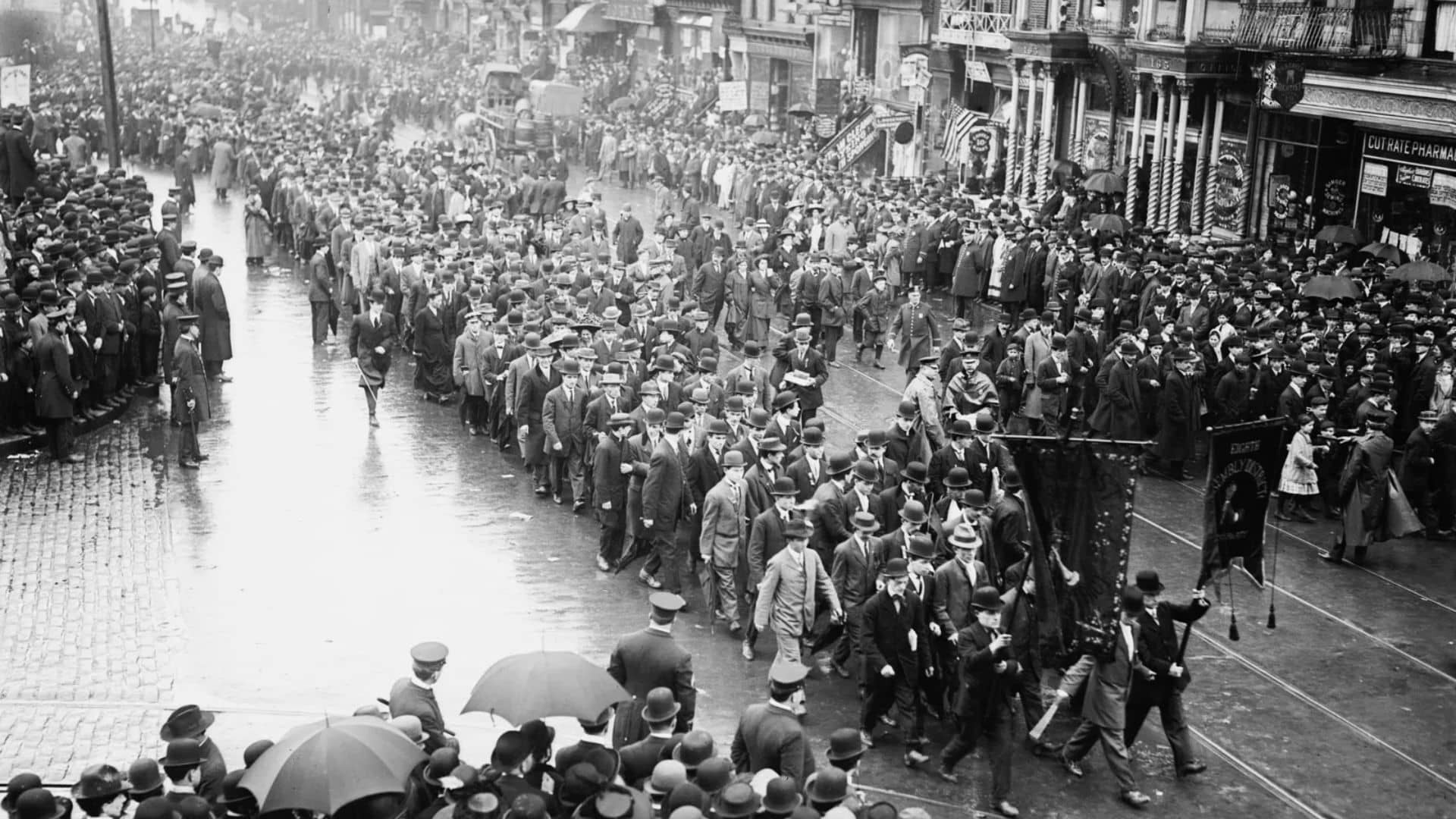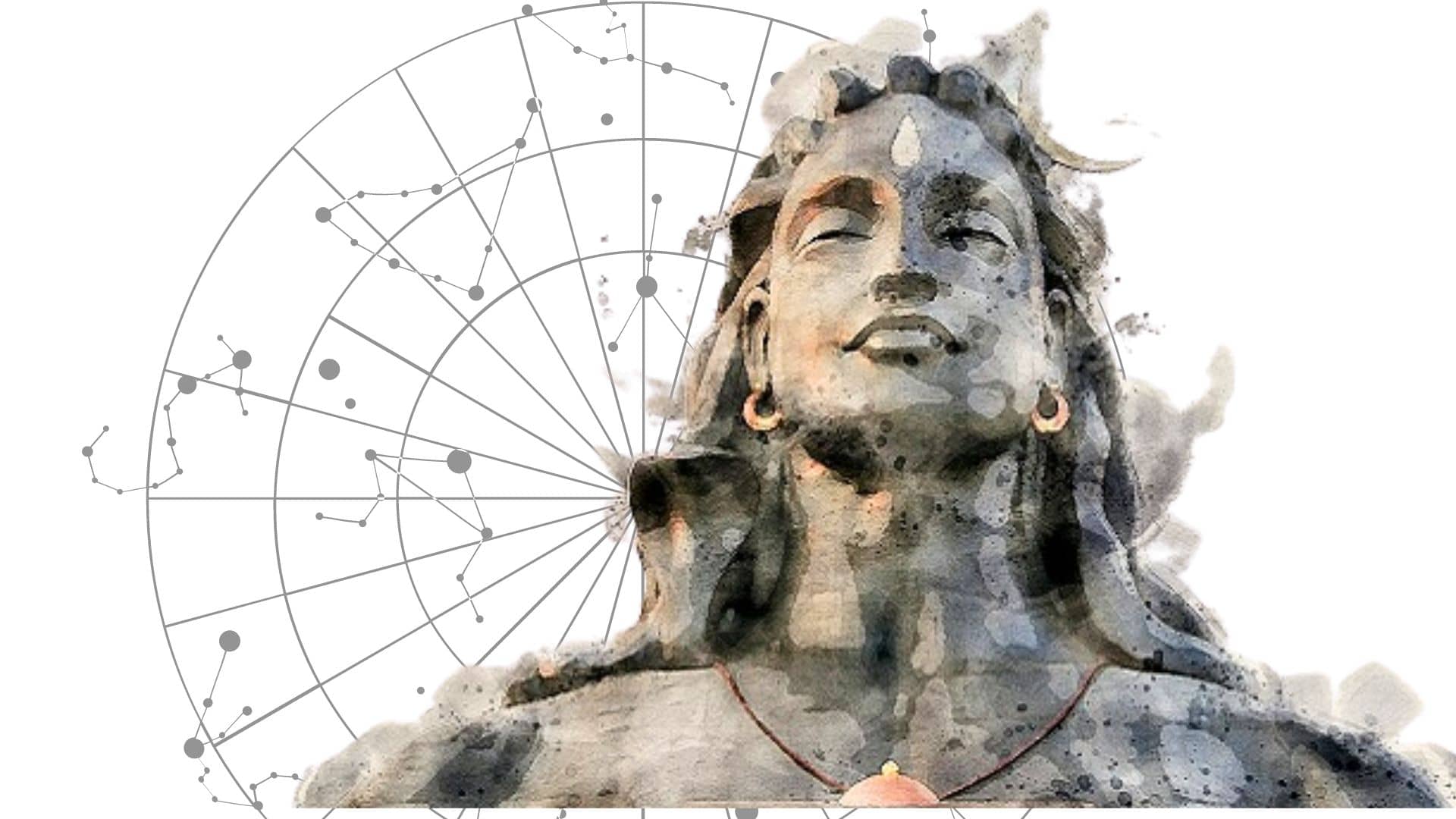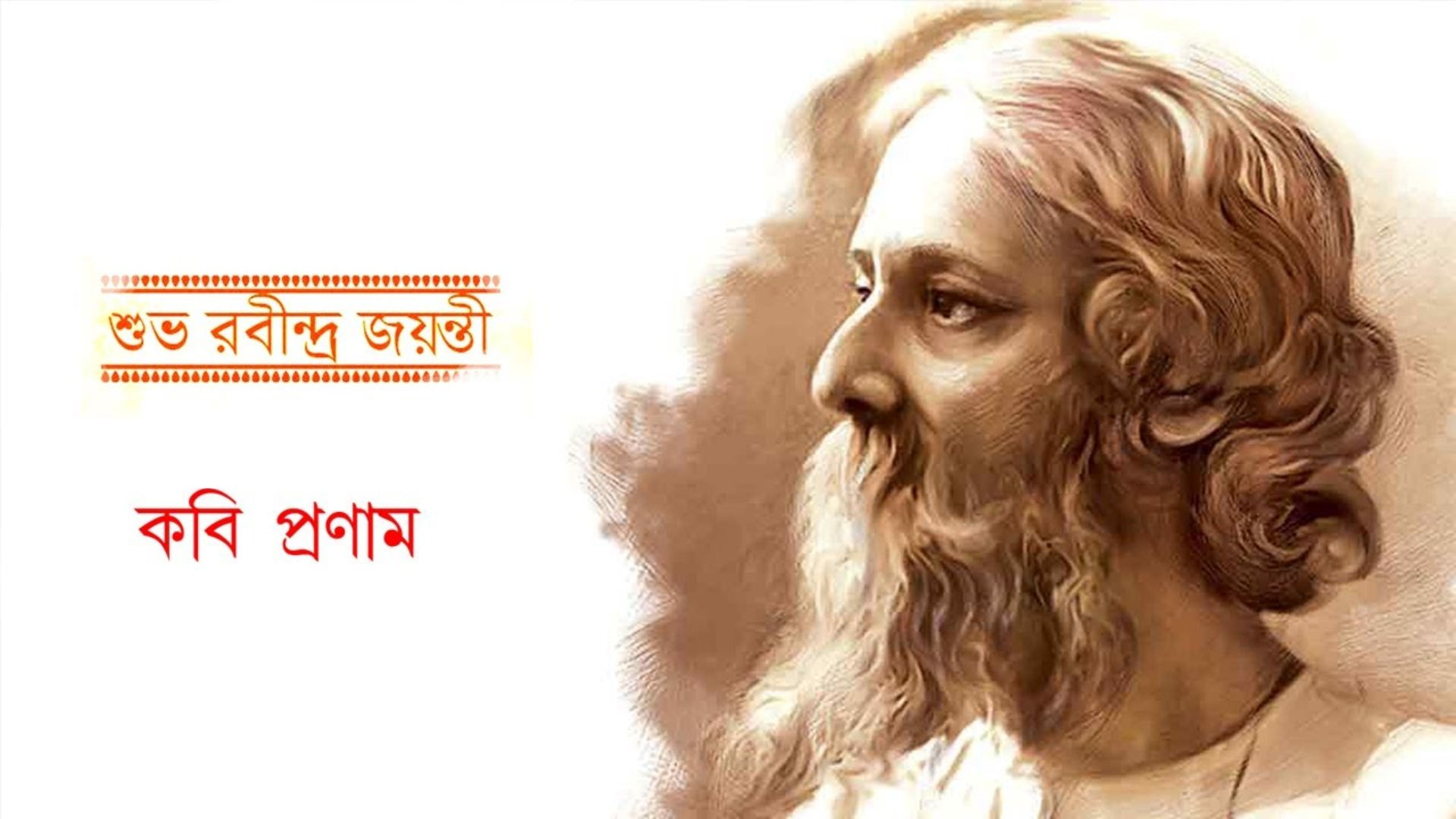Ram Navami, a prominent Hindu festival, commemorates the birth of Lord Rama, the seventh avatar of Lord Vishnu. It holds immense significance in Hindu culture and is celebrated with great zeal and enthusiasm across India. The festival falls on the ninth day of the Chaitra month in the Hindu lunar calendar, typically in March or April.
The Legend of Lord Rama
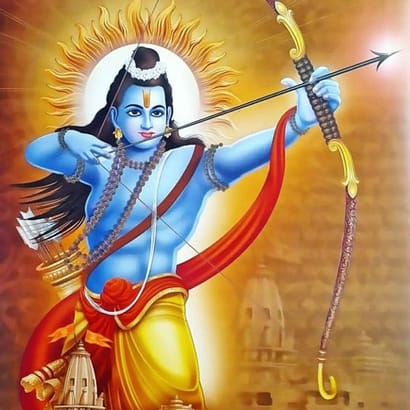
According to Hindu mythology, Lord Rama was born to King Dasharatha and Queen Kaushalya in Ayodhya. His birth was foretold to bring an end to the tyranny of the demon king Ravana and establish dharma (righteousness) on Earth. Lord Rama is revered for his exemplary virtues, including compassion, courage, and adherence to dharma.
The Ramayana: Epic Narrative
The Ramayana, attributed to the sage Valmiki, is an ancient Indian epic that narrates the life and adventures of Lord Rama. It spans across seven books and portrays the journey of Lord Rama, his wife Sita, and his loyal devotee Hanuman. The epic is revered for its moral teachings and philosophical insights, making it a timeless classic in Hindu literature.
Historical Roots of Ram Navami
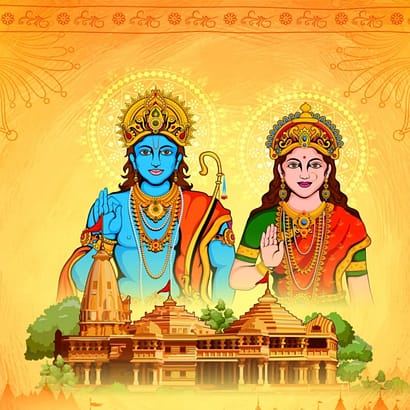
Ram Navami has a rich historical legacy dating back thousands of years. Its origins can be traced to the Vedic period, where the worship of Lord Rama was prevalent among ancient sages and seers. Over time, the festival gained prominence and became an integral part of Hindu culture, symbolizing the victory of good over evil.
Rituals and Traditions of Ram Navami
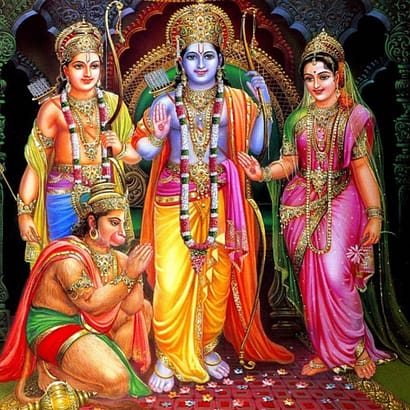
The celebration of Ram Navami is marked by various rituals and traditions. Devotees wake up early to perform a ceremonial bath (abhishekam) of Lord Rama’s idol or picture, symbolizing the purification of the soul. Temples are adorned with flowers and lights, and special prayers and bhajans are offered to seek the blessings of Lord Rama.
Fasting is also a common practice during Ram Navami, with devotees abstaining from food and water until sunset. It is believed that fasting purifies the body and mind and helps devotees focus on prayer and meditation. Some devotees observe a partial fast by consuming fruits and milk, while others refrain from eating altogether.
Celebrations Across India
Ram Navami celebrations vary regionally across India, with each state adding its own unique customs and rituals to the festivities. In Ayodhya, the birthplace of Lord Rama, grand processions and religious ceremonies are organized, drawing thousands of devotees from all over the country. In other parts of India, community gatherings, plays depicting scenes from the Ramayana, and cultural programs are organized to commemorate the occasion.
Symbolism and Teachings of Ram Navami
Ram Navami holds profound symbolic significance in Hindu mythology. It serves as a reminder of the eternal principles of righteousness, truth, and compassion upheld by Lord Rama. The festival encourages devotees to emulate the noble qualities of Lord Rama and lead a life of virtue and integrity.
Modern Observance and Cultural Impact
In the modern era, Ram Navami continues to play a significant role in Indian society. With advancements in technology and media, the festival has witnessed innovative ways of celebration, including live streaming of religious ceremonies and virtual gatherings. Despite these changes, the essence of Ram Navami remains unchanged, promoting unity, harmony, and spiritual growth.
Global Awareness and Participation
Ram Navami is not confined to India alone; it has gained global recognition and participation. Hindu communities around the world observe the festival with great enthusiasm, organizing prayers, bhajans, and cultural events. Additionally, non-Hindu communities and organizations often join in the celebrations as a gesture of solidarity and multicultural understanding.
Challenges and Controversies
Despite its widespread acceptance, Ram Navami is not immune to controversies and challenges. Debates surrounding the historical accuracy of the Ramayana and the existence of Lord Rama continue to fuel discussions among scholars and historians. Moreover, the commercialization of the festival and the rise of fundamentalism pose challenges to its traditional practices and values.
Ram Navami and Interfaith Harmony
Ram Navami serves as a platform for promoting interfaith harmony and understanding. In recent years, initiatives aimed at fostering dialogue and cooperation between different religious communities have gained traction during the festival. Such endeavors exemplify the universal appeal of Lord Rama’s message of love, compassion, and tolerance.
Conclusion
In conclusion, Ram Navami is not just a festival; it is a celebration of faith, devotion, and the eternal victory of good over evil. The history and rituals associated with Ram Navami serve as a reminder of the timeless teachings of Lord Rama and inspire devotees to lead a life of righteousness and integrity. As we come together to celebrate this auspicious day, let us embrace the spirit of love, compassion, and unity that Lord Rama epitomizes.
People Also Ask
Ram Navami is celebrated to commemorate the birth of Lord Rama, who is revered as an incarnation of the divine. His life and teachings symbolize the triumph of righteousness and virtue over evil.
How do devotees prepare for Ram Navami?
Devotees prepare for Ram Navami by performing rituals such as ceremonial baths of Lord Rama’s idols, reciting prayers and bhajans, observing fasting, and participating in religious ceremonies.
What are some traditional dishes eaten during Ram Navami?
Some traditional dishes eaten during Ram Navami include panakam (a sweet drink made from jaggery and spices), kosambari (a salad made from lentils and vegetables), and various types of fruits and sweets.
Are there any specific customs observed by devotees on this day?
Yes, devotees often visit temples dedicated to Lord Rama, offer prayers and floral tributes, listen to recitations of the Ramayana, and participate in community feasts and charitable activities.
Can non-Hindus participate in Ram Navami celebrations?
Yes, Ram Navami celebrations are inclusive, and people of all faiths are welcome to participate. It is an opportunity for individuals from diverse backgrounds to come together and celebrate the universal values promoted by Lord Rama.

